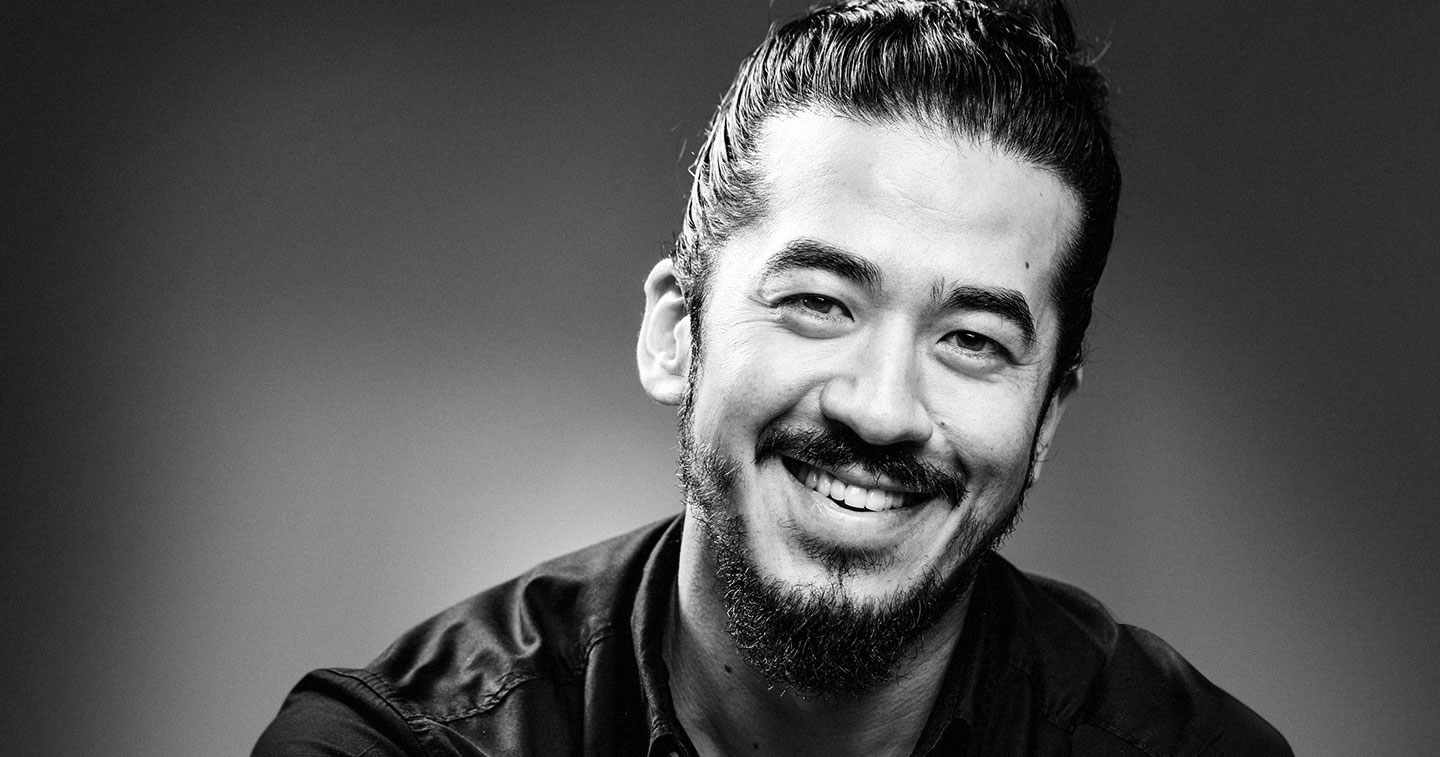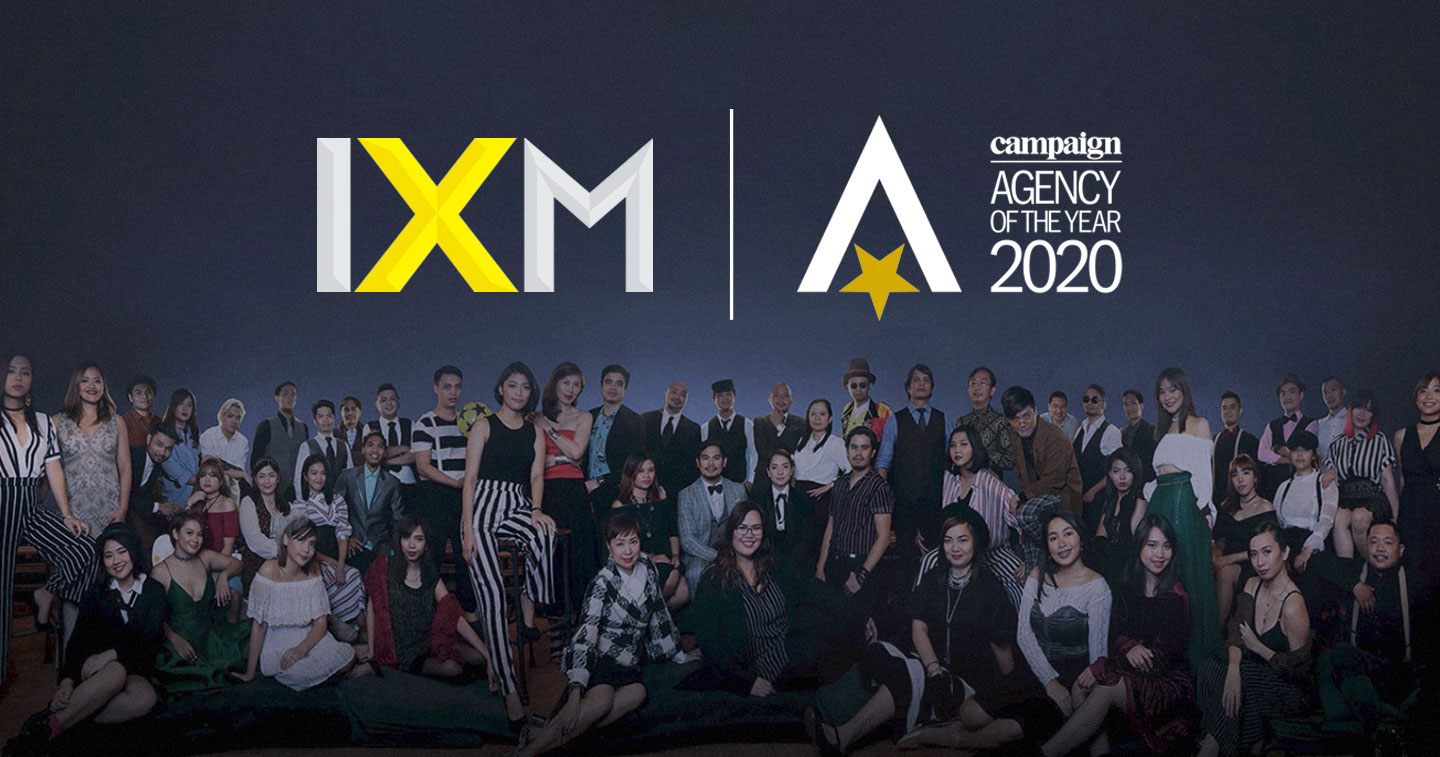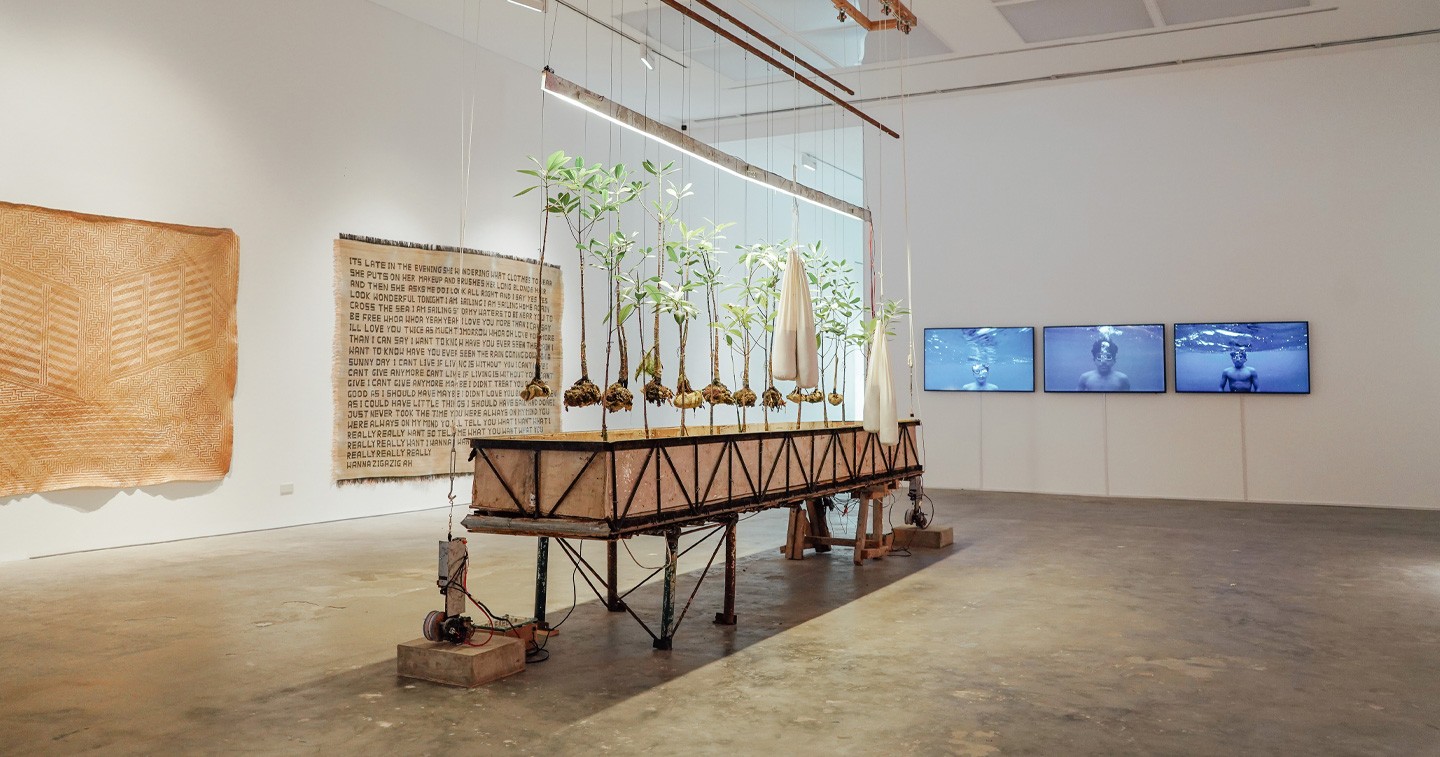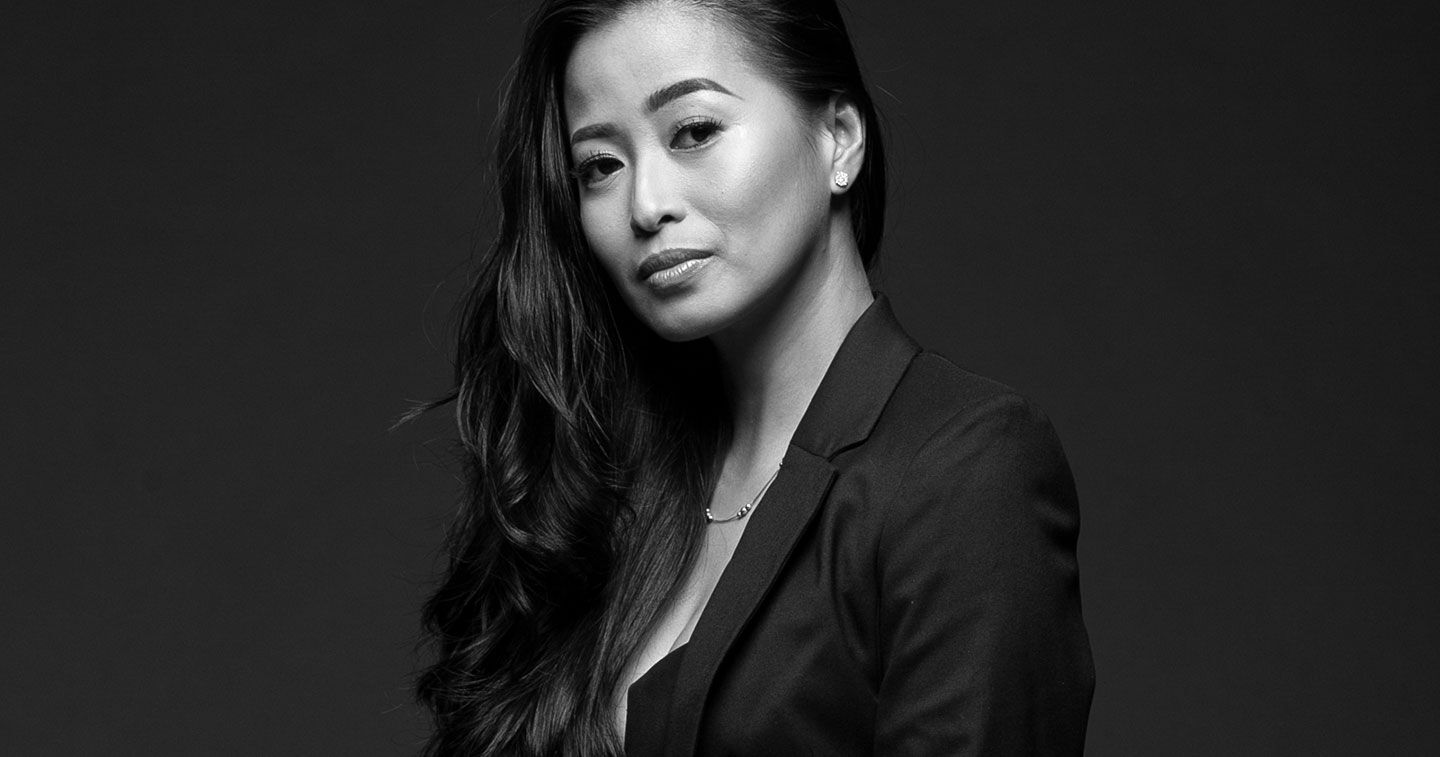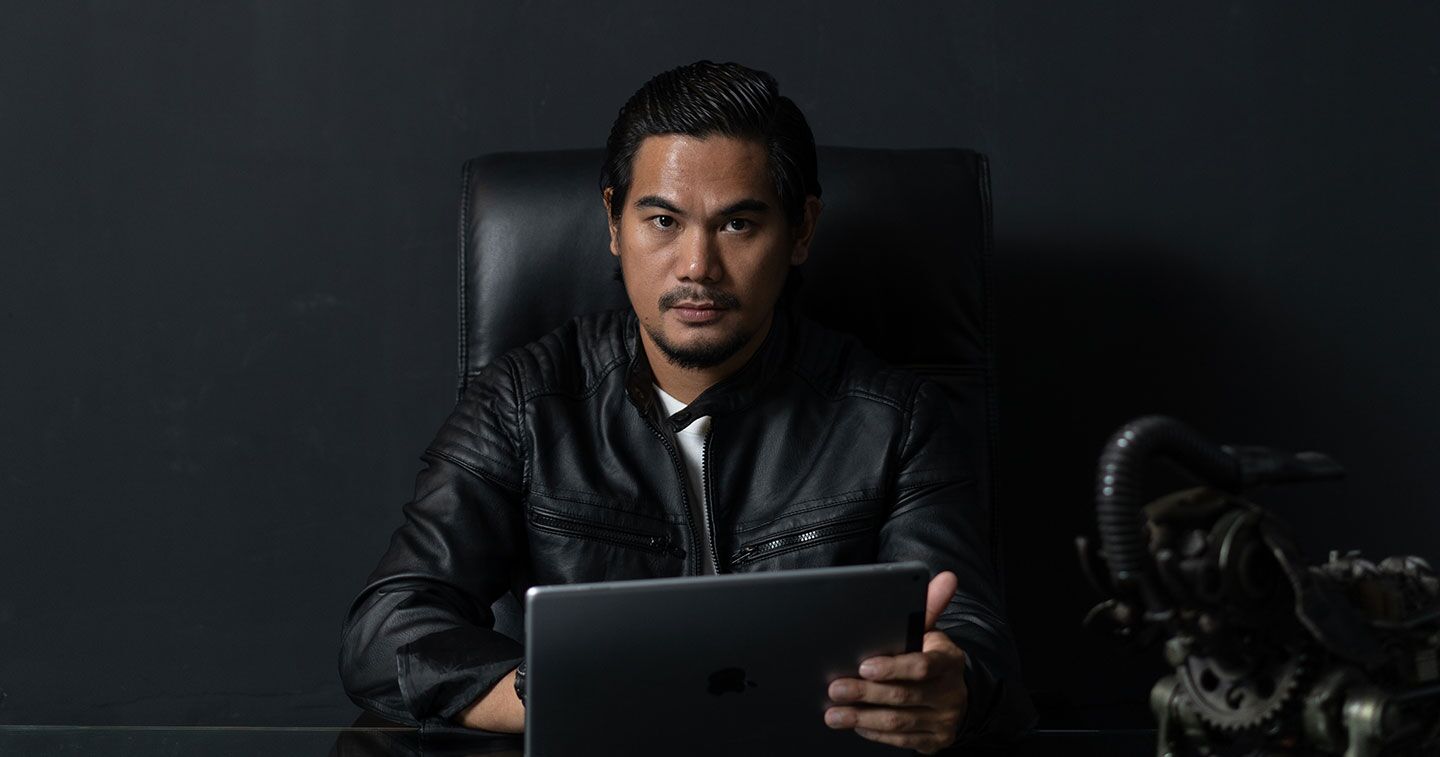By Rome Jorge
He made Duterte viral. He helped get the man elected in the 2016 elections.
Nicanor Gabunada—former CEO of Omnicom Media Group Philippines and former senior vice president at ABS-CBN—is the guy. “I execute our television, radio, and other above-the-line strategies and I was also head the social media activities of the campaign,” he confessed.
Gabunada is a true believer: a proud Visayan, a true-blue Davao native, and an honest-to-goodness die-hard Duterte fan. Gabunada is much more than a man who has the Duterte fever. He knows how to spread his infectious fandom.
Going native
On the secret to becoming viral, Gabunada explained, “It’s engagement, it’s content, it’s the creativity of what you have. The material has to be engaging. We present it in a different way and it has to be very much localized for the target market and for the location where the message is aired.”
At an event of the Marketing and Opinion Research Society (MORES) Philippines, Gabunada recalled, “I was most happy to discover that more than just being passionate DU30 [Duterte] believers, we have from among our social media volunteers natural copy writers, creatives, and unwitting bloggers who happen to be good digital natives, and most important of all, regional natives who understand issues that are genuinely interested in the realities of their government. Having digital natives running the show, grasping the social media culture didn’t come as a challenge, there was no need to translate campaign messages into digital creatives and copies. Each social media team from esch different area holds their own, creating their own memes and crafting their own copies and posts.” He added, “Bots were not used; the effort centered on volunteers.”
“Our role is to communicate the message for the week, monitor and boost certain posts that are taking traction. My role is more as a moderator and cascade tactical directions based on information from the news and plans derived from our research and analysis, ask to take down posts that might be going overboard, boost posts that are generating traction and suggest creatives for good posts. That way we were able to keep our social media campaign organic and not agency invented,” he revealed.
At the presentation, Gabunada stated, “The various Duterte social media groups were aligned to fit within four main groups: OFWs, Luzon, Visayas, and Mindanao. A coordinator was assigned. The volunteers had their own resources, generally internet ‘groups’ from below 500 to more than 800,000 members. A weekly topic or statement was determined based on events or survey trends. The topic was pushed out by all volunteers on Twitter, Facebook, and other social media. For example, beating down Senator [Antonio] Trillanes ‘black propaganda’ about Duterte bank accounts was one of the initiatives.”
On April 27, 12 days before the May 9, 2016 presidential elections, senator and vice presidential candidate Trillanes alleged that Duterte had failed to declare over P211 million in deposits in his 2014 Statement of Assets, Liabilities, and Net worth, that Duterte received P197 million on his 70th birthday on March 28, 2014, and that this amount was to be found in bank accounts at the Bank of the Philippine Islands (BPI) Julia Vargas Avenue, Metro Manila. Deposits involving more than P4 million are required by law to be reported to the Anti-Money Laundering Council within 10 working days after transaction. On May 4, after acknowledging the existence of the accounts, Duterte presented three bank receipts, one of which showed one of the bank accounts to his name contained only less than P18 thousand on March 31, 2014—three days after Duterte’s 70th birthday.
Besides proclaiming their loyalty to Duterte online with posts with the hashtag #DuterteTilTheEnd, supporters threatened to withdraw their money and close their accounts with BPI, alleging the bank had failed to protect privacy.
Rules of engagement
At the same presentation, Gabunada admitted, “Tit-for-tat was a part of the strategy, using whatever was available. The goal was to amplify the opposition’s weaknesses and build Duterte strengths. Efforts were made to control the aggressive, negative people via published requests from Duterte and others asking for civility. But we cannot possibly control all the volunteers as thuggish comments did not let up.”
Asked by adobo magazine if attack memes and negative propaganda were acceptable, Gabunada responded, “I don’t think so. That’s the reason why during the campaign we made it a point to correct some of our supporters who may have gone overboard in terms of these things, so I think we have seen examples of those. We’ve had situations where the mayor himself told everybody not to continue attacking that student from Los Baños [Stephen Villena], our campaign spokesperson was also airing on television saying,“Don’t attack Karen [Davila, ABS-CBN television news journalist].” There were a lot of instances where we did these things, people may have gone overboard. However, there are also people from the other camp who actually also attacked our candidate and therefore, we have to expose them, we have to expose their lies, right?”
On March 11, at an academic forum at the University of the Philippines Los Banos, freshman student Stephen Villena questioned the presidential candidate in a manner that Duterte supporters found impertinent and disrespectful after viewing its edited video online. Villena received death threats and insults online.
On March 13, Duterte spokesperson Peter Laviña stated, “We are asking the supporters of presidential candidate and Davao City Mayor Rodrigo Duterte to take the moral high ground when engaging in any kind of discourse concerning our candidate.” Sebastian Duterte, the candidate’s youngest son and youth volunteer leader, declared, “We reject and condemn cyberbullying because it is a criminal offense. There is no way that engaging in cyberbullying or issuing death threats to the critics of my father will help his campaign.” Duterte himself said, “We respect each other’s opinions. We always say that it’s okay if we disagree. And I may not agree with what you said or say, but I will defend your right to say it.”
Davila, who hosted one of three presidential debates, was accused of bias and was among several journalists threatened and denounced by Duterte supporters. On May 6, the National Union of Journalists of the Philippines issued a statement entitled “Spare journalists from being targets in the May 9 political battle” enumerating several abuses that included:
“Vera Files editor Ellen Tordesillas was bullied on social media for her effort to verify the existence of the assailed BPI bank account of Mayor Duterte.”
“Alleging biased reporting, supporters harassed ABS-CBN reporter Raffy Santos numerous times while following Duterte on the campaign trail.”
“Jacque Manabat was cursed by a supporter after a man identified her as an ABS-CBN reporter.”
“A camera crew of ABS-CBN reporter Doris Bigornia was thrown punches during a coverage.”
On May 31, president-elect Duterte said, “Just because you’re a journalist you are not exempted from assassination, if you’re a son of a bitch.” Also on May 31, Duterte wolf-whistled television journalist Mariz Umali-Tima while she attempted to ask the President interview questions.
On June 2, during a press conference, journalist Pia Ranada-Robles reminded President Duterte of Section 8 of the Women Development Code of Davao City, enacted in October 1997 by then-mayor Duterte, which defines sexual harassment as “cursing, whistling, or calling a woman in public with words having dirty connotations or implications which tend to ridicule, humiliate, or embarrass the woman.”
Unleashed
“Thuggish comments” from “aggressive, negative people”—as Gabunada himself calls them—were officially condemned by Duterte and his campaign organizers. A Cebu for Duterte Youth Leader posted a meme on March 25 entitled “How to be an effective Duterte supporter on social media.” The meme is evidence of efforts to stop disinformation, insults, and threats. It is also proof that there were enough Duterte supporters that “threatened to have someone killed,” “altered or photoshopped photos,” and engaged in “over-the-top bullying” to warrant releasing such statements.
Hoax and parody websites claiming Pope Francis and United States president Barack Obama had endorsed Duterte were spread as truth by many supporters during the presidential campaign.
On November 30, 2015, Duterte, talking about how Metro Manila’s traffic crisis was exacerbated by the papal visit from January 15 to 19 that same year, joked, “Pope putang ina ka, umuwi ka na. Wag ka nang magbisita dito. [Pope, you son of a bitch, go home. Don’t visit here anymore.]”
On August 5, 2016, president Duterte publicly insulted US ambassador Philip Goldberg, saying, “Nag-away kami ng ambassador niya, ‘yung ambassador, ‘yung bakla. Putangina buwisit ako diyan. [I had an argument with their ambassador, that homosexual. Son of a bitch, he really annoys me.]”
On April 12, at a campaign rally, Duterte recalled how Australian Christian missionary Jacqueline Hammill was raped multiple times and murdered during a prison hostage crisis in Davao when he was mayor in 1989, and joked, “Pero napakaganda. Dapat ang mayor muna ang mauna [But she was so beautiful. The mayor should have been first].”
In an interview with CNN, Goldberg noted, “Statements by anyone, anywhere, that either degrade women or trivialize issues so serious as rape or murder are not ones that we condone.” Australian ambassador Amanda Gorely also tweeted, “Rape and murder should never be joked about or trivialized. Violence against women and girls is unacceptable anytime, anywhere.”
On April 20, Duterte said the ambassadors should “shut their mouths” and threatened to cut diplomatic ties with the US and Australia if he became president.
Even Gabriela, a feminist group allied with Duterte, was bashed and threatened by Duterte supporters for criticizing the presidential candidate for his rape joke. Gabriela vice chair Gert Ranjo-Libang stated, “Numerous individuals and groups claiming to be Duterte supporters are waging a cyber campaign to discredit Gabriela and Gabriela Women’s Party. We are now subjected to cyber bullying by spreading malicious and incorrect facts about our organization.” She noted that the campaign seemed “orchestrated because the content and graphics are the same.”
Unheeded
There have been other instances that show such calls for civility went unheeded by hundreds of Duterte supporters. On March 22, nine days after Duterte spokesperson Laviña implored supporters “to take the moral high ground,” human rights advocate and environmentalist Renee Julienne Karunungan posted her own meme that read, “Duterte is a lazy choice. No one man can solve the problem. Discipline comes from ourselves. It takes everyone to build a nation. Killing should not be an option. Let’s build a nation founded on respect and dignity. Let’s make democracy work.”
It provoked hundreds of Duterte supporters to bash, bully, and threaten her. On April 7, she posted screen grabs of messages from over 200 Duterte supporters—the ones that passed through Facebook Messenger’s filters and all from just one day, March 23.
Screen captures posted by Karunungan included: “Kung meron mang magahasa at pagsamantalahan ng masasamang elemento sa lipunan, sana ikaw na lang yun… [If there is someone who is to be raped and abused the bad elements of society, I hope it’s you…]” and “Dami mo tuloy bashers… Tanga tanga ka kse mag post! [You have so many bashers. That’s because of your stupid posts!]”
On April 8, Karunungan filed a police report. On May 2, she also filed an election offense case before the Commission on Elections against 20 identified Duterte supporters and criminal charges before the Department of Justice against 14 identified Duterte supporters under the Cybercrime Prevention Act. “There is a difference between freedom of speech and speech that incites violence,” she stated. Karunungan also noted, “Despite the threats and hate messages, lots of people also messaged me, including Duterte supporters, saying sorry.”
Several celebrity critics who were bashed online also caught the media’s attention such as Gab Valenciano, Kitchie Nadal, and Carlos Celdran, among others.
Command responsibility
As evidenced by President Rodrigo Duterte’s victory, volunteer social media campaigns such as those by Nicanor Gabunada have been a viral success. As evidenced by the numerous documented instances of death threats, rape threats, insults, disinformation, and mob mentality, these online campaigns can fail multiple times to reign in the most rabid supporters.
There is no tolerable number of bullies, liars, or chauvinists and there is never any excuse for such behavior, even when opponents engage in such. Though Duterte supporters have alleged that opposition propagandists posing as Duterte supporters planted hoax meme and hate messages to discredit the campaign, what is indisputable is that these hoax memes and hate messages were spread by Duterte supporters.
“Tit-for-tat” succeeded in discrediting critics by exposing hypocrisies or silencing them by putting them on the defensive. However, exposing hypocrisies of critics or attacking their character did nothing to refute allegations against Duterte. If anything, it seemingly gave the impression that Duterte supporters found such behavior acceptable with the reasoning, “If they can do it, why can’t we?”
Despite calls to “to take the moral high ground,” Duterte supporters often argued false dichotomies: that to be pro-human rights and anti-sexual harassment was to be anti-Duterte or soft on crime.
The people behind the Duterte campaign were real and viral, as attested by Gabunada. What is troubling is that the threats, insults, and lies were also very real and viral. The campaign that prided itself on disciplining its ranks to clean up any garbage after rallies failed on multiple instances to discipline its supporters from engaging in mud slinging online.
Credit for viral success ultimately belongs to Duterte. A leadership that inspires people to vote can and should compel followers to be more responsible. It should lead by example.
The elections proved President Duterte’s supporters represent the people’s will. What is arguable is whether their behavior online represents the Filipino’s character.
Postscript
A 2017 study entitled “Troops, Trolls and Troublemakers: A Global Inventory of Organized Social Media Manipulation” by Samantha Bradshaw and Philip N. Howard, both of the University of Oxford, found that PDP-Laban used bots, individual targeting, and from 400 to 500 hired trolls with a budget of 200,000 USD and naming Nic Gabunada as the private contractor, belying his claims that no bots were used and that the campaign was totally organic.
“Social media is used by political parties to manipulate the public is to use fake accounts to artificially inflate the number of followers, likes, shares or retweets a candidate receives, creating a false sense of popularity…Sometimes, when political parties or candidates use social media manipulation as part of their campaign strategy, these tactics are continued when they assume power. For example, in the Philippines, many of the so‐called ‘keyboard trolls’ hired to spread propaganda for presidential candidate Duterte during the election continue to spread and amplify messages in support of his policies now he’s in power (Williams, 2017),” the study notes journalist Sean William’s January 4, 2017 article for the New Republic titled “Rodrigo Duterte’s Army of Online Trolls.”
“Duterte’s social media campaign began while he was the mayor of Davao, where he allegedly ran death squads to curb rampant drug dealing and other street crime. In November 2015, when he decided to run for president, he enlisted a marketing consultant named Nic Gabunada to assemble a social media army with a budget of just over $200,000. Gabunada used the money to pay hundreds of prominent online voices to flood social media with pro-Duterte comments, popularize hashtags, and attack critics. Despite being vastly outspent by his rivals, Duterte swept to power with almost 40 percent of the vote. After the upset victory, the new president’s spokesman issued a warm thanks to Duterte’s 14 million social media ‘volunteers.'” writes Williams, belying Gabunada’s claim.
Furthermore, it adds, “Duterte has taken advantage of this media landscape. Online trolls can earn up to $2,000 a month creating fake accounts on social media, and then using those “bots” to flood the digital airwaves with pro-Duterte propaganda. According to Affinio, a social media analytics firm, a staggering 20 percent of all Twitter accounts that mention Duterte are actually bots. Thanks in part to this constant thrum of pro-Duterte messaging, the president has maintained an approval rating of more than 80 percent.”



